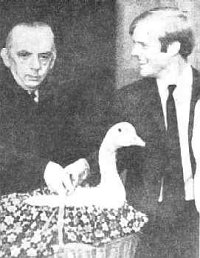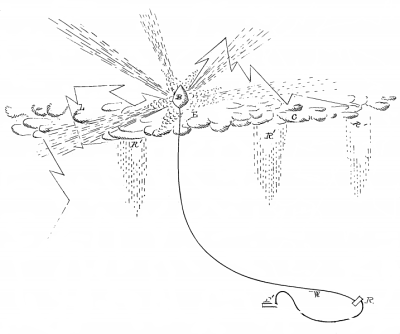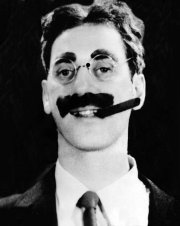
Instructions on proper comportment on meeting Queen Charlotte, from a letter from Fanny Burney to her sister Esther, Dec. 17, 1785:
In the first place, you must not cough. If you find a cough tickling in your throat, you must arrest it from making any sound; if you find yourself choking with the forbearance, you must choke — but not cough.
In the second place, you must not sneeze. If you have a vehement cold, you must take no notice of it; if your nose-membranes feel a great irritation, you must hold your breath; if a sneeze still insists upon making its way, you must oppose it, by keeping your teeth grinding together; if the violence of the repulse breaks some blood-vessel, you must break the blood-vessel — but not sneeze.
In the third place, you must not, upon any account, stir either hand or foot. If, by chance, a black pin runs into your head, you must not take it out. If the pain is very great, you must be sure to bear it without wincing; if it brings the tears into your eyes, you must not wipe them off; if they give you a tingling by running down your cheeks, you must look as if nothing was the matter. If the blood should gush from your head by means of the black pin, you must let it gush; if you are uneasy to think of making such a blurred appearance, you must be uneasy, but you must say nothing about it. If, however, the agony is very great, you may, privately, bite the inside of your cheek, or of your lips, for a little relief; taking care, meanwhile, to do it so cautiously as to make no apparent dent outwardly. And, with that precaution, if you even gnaw a piece out, it will not be minded, only be sure either to swallow it, or commit it to a corner of the inside of your mouth till they are gone — for you must not spit.
“You would never believe — you, who, distant from courts and courtiers, know nothing of their ways — the many things to be studied, for appearing with a proper propriety before crowned heads,” she wrote. “Heads without crowns are quite other sort of rotundas.”





